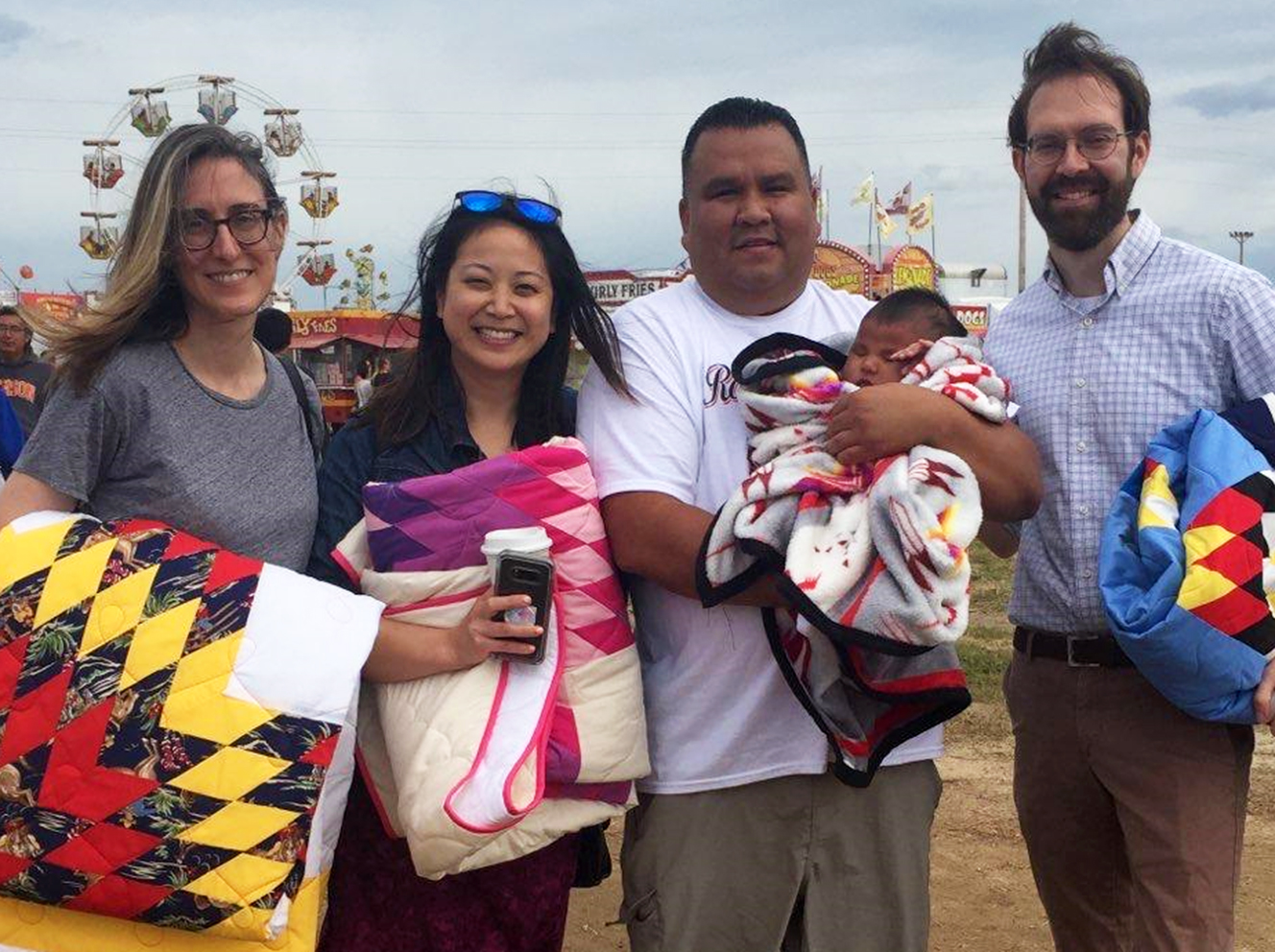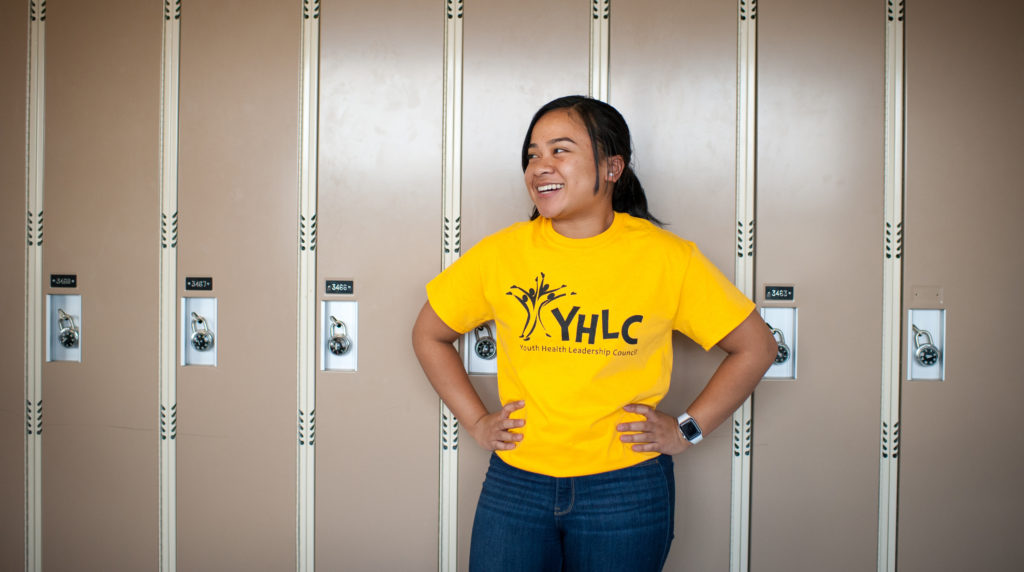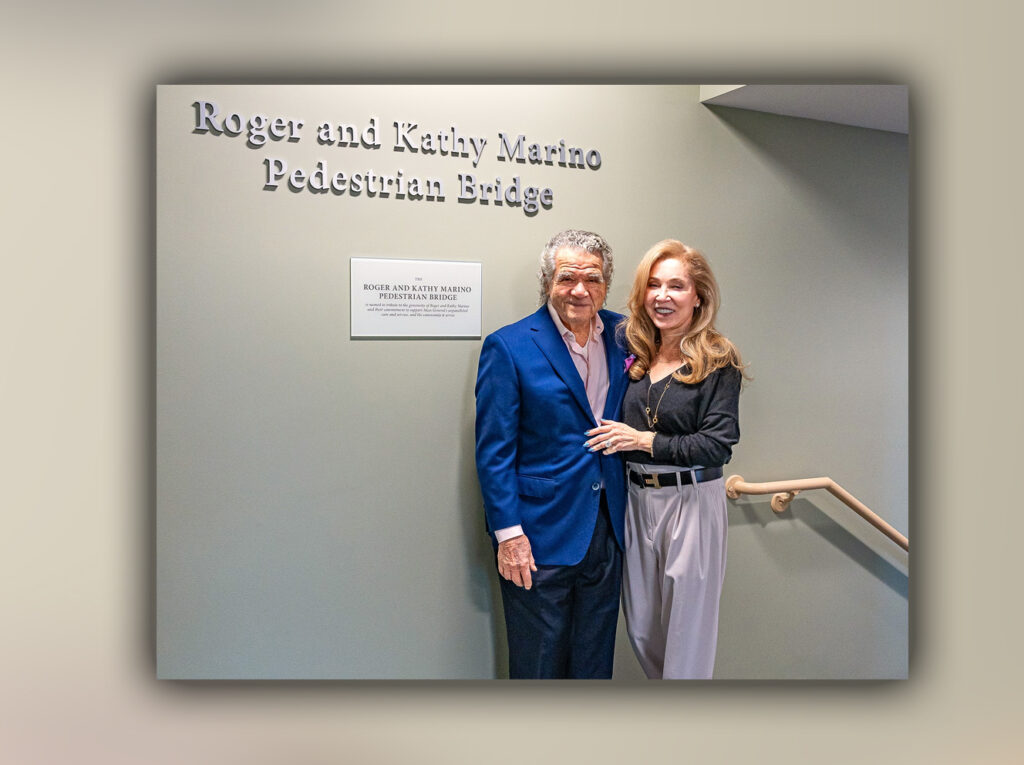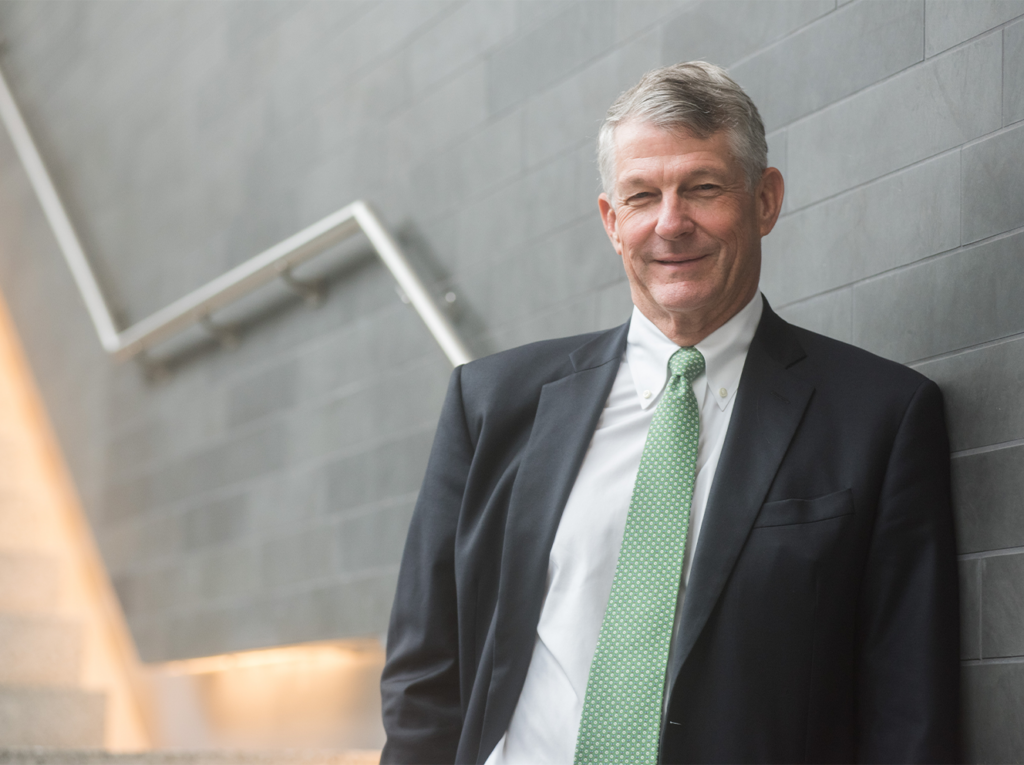In 2010, a United States Senate report articulated the many internal problems incapacitating the Indian Health Services (IHS) across a four-state region — including the Rosebud Sioux Reservation on the southern edge of South Dakota. The report acknowledged that the area’s American Indian communities, including the Rosebud Sioux or Lakota Oyate, had suffered centuries of neglect, racism and other serious adversities. It pointed to IHS’s chronic mismanagement and systemic dysfunction as reasons for a failing, and oftentimes, absent health care infrastructure. This startling information triggered a new sense of urgency within the IHS to drive change and improve care for its partnering native communities.
“During early discussions, the Indian Health Services decided to look at what was working well at the Veterans Health Administration (VHA),” says Matthew Tobey, MD, MPH, director of the Rural Medicine Program at Massachusetts General Hospital. “The VHA had a 70-year track record of effectively building partnerships with teaching hospitals, which are resource-rich institutions ready and able to work with communities in need. The IHS could also build these partnerships and tap into the teaching hospital expertise and training by having physicians from these institutions physically present.”
At the suggestion of the IHS chief medical officer at the time, Susan Karol, MD, — who had participated in a fellowship at Mass General years prior — Rosebud Sioux tribal leadership reached out to the Department of Medicine at Mass General. In the summer of 2012, Dr. Tobey and his colleagues began a collaboration to transform the delivery of care for American Indian people living on the South Dakota reservation.
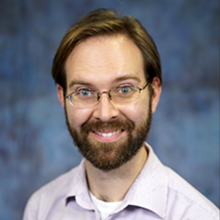
Understanding History Drives the Work
“Our work on the Rosebud Reservation began with the objective that the community would someday manage its own health care system,” says Dr. Tobey. “It didn’t take long for us to realize that to be effective, we needed to focus on clinical care while simultaneously lobbying for justice — and educating ourselves by working with the community to understand the negative social determinants of health impacting the population.”
Social determinants of health are the conditions in which people are born and live that shape their health throughout their lives. And research shows that social determinants of health can drive up to 80% of health outcomes. This is the Rosebud Sioux tribe’s reality. Generations of neglect by the health care system, coupled with poor housing, inadequate education and food insecurity has made the struggle for high-quality — let alone adequate — health care an uphill battle.
“We all face health problems that can arise any day of the year,” says Dr. Tobey. “But facing a health problem while you are also facing housing and economic problems — and in a place where you also need to overcome numerous other barriers to get adequate health care — that’s overwhelming.”
Partnering with the Community
For more than a decade, Dr. Tobey and his team have been working full-time with the Rosebud community to begin to right these wrongs. They have shared important public health information at community programs and events. They have partnered with the community and tribal leadership to secure grants from state and federal governments that fund important community health services. These include sexually transmitted disease care and navigation, a youth suicide prevention program, continued accreditation for the local residential methamphetamine treatment program and a newly built detox center.

Since 2012, Dr. Tobey and his team have provided approximately 30,000 outpatient visits and 2,000 inpatient visits. They oversaw 100 trainee rotations, trained 10 rising rural health physician leaders, built a rural faculty team, helped the community obtain and manage 15 grants and developed several patient care initiatives, including in substance use disorder and hepatitis C virus care. At any one time, there are three Mass General-affiliated physicians in Rosebud Sioux Tribe’s hospital with approximately 40 medical students, nurse practitioner students and residents on rotation annually.
“Recognizing that representation is critical in health care, especially to build trust, we are also working diligently on our training efforts,” says Dr. Tobey. “I am proud to say that trainees and faculty who identify as American Indian are now overrepresented on our team compared to national numbers.”
Reciprocal Learning
Mass General’s Rural Medicine Program — with its mission to address injustice and inequity in rural health care — grew out of this collaboration with the Rosebud Sioux. Since its inception, the program has become a key resource for other institutions across the country seeking to improve care for, and health of indigenous, rural communities. “Because of our work with the Rosebud community, we are better partners in addressing the health issues and inequities confronting American Indian and Alaska Native communities,” says Dr. Tobey.
“I would argue that the Rosebud community has taught us far more than we have them,” adds Dr. Tobey. “They have demonstrated such grace, patience, magnanimity and trust, and they are the reason the Rural Medicine Program even exists. Working with their community has been the greatest privilege of my career.”
To support or learn more about the Rural Medicine Program at Mass General, please contact us.
